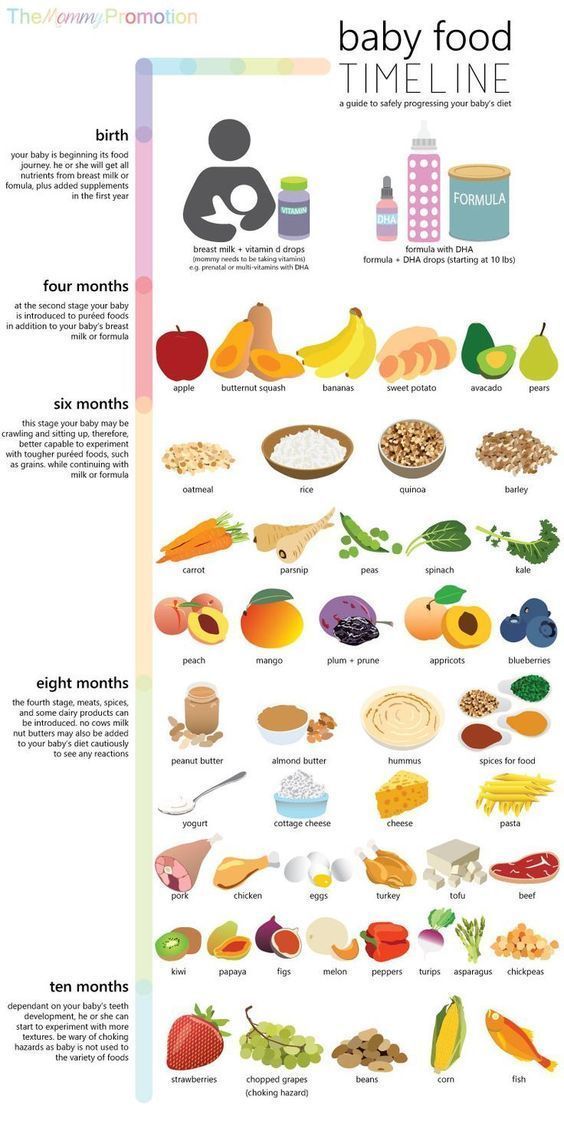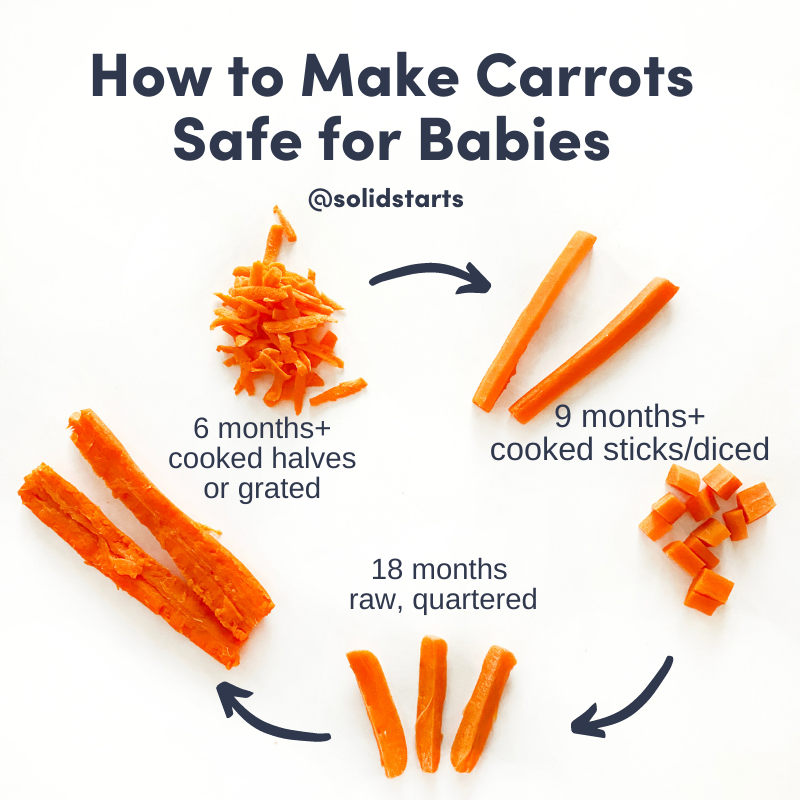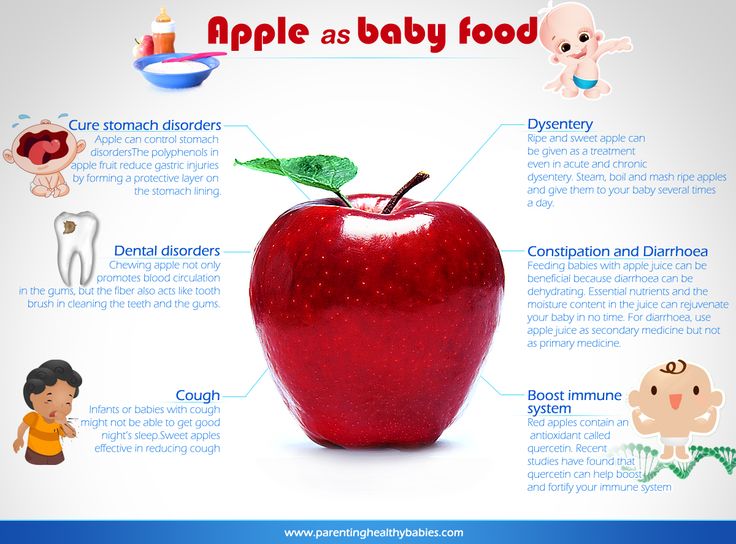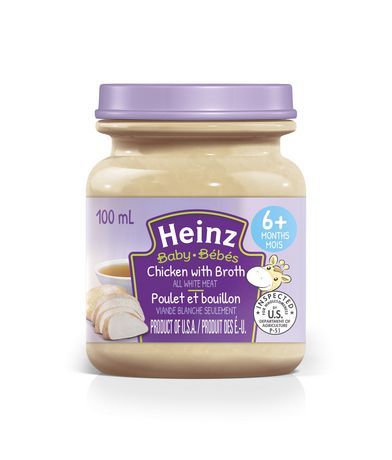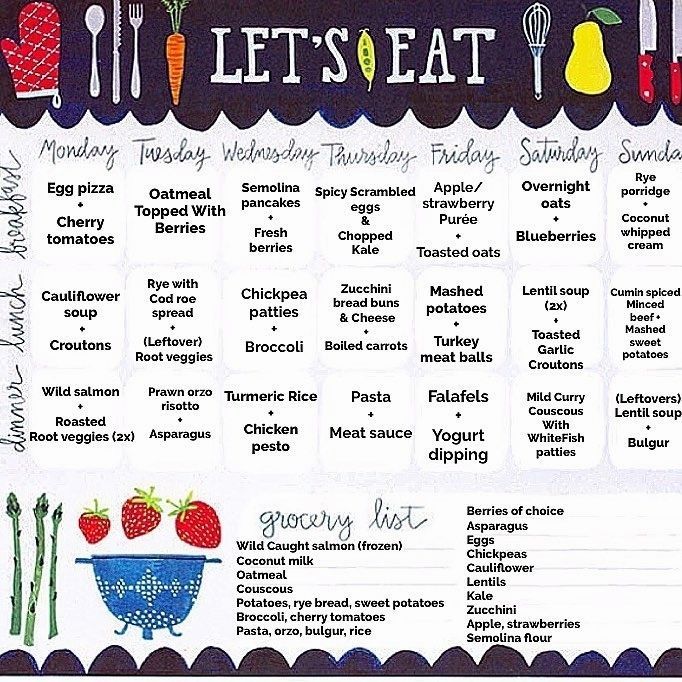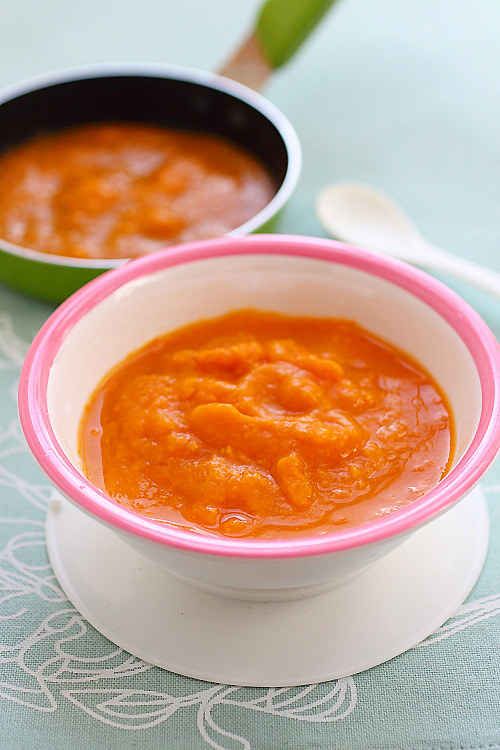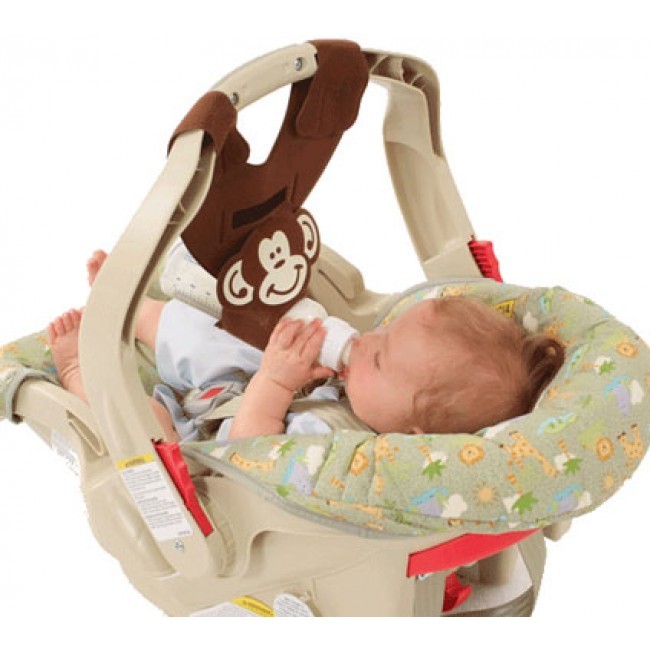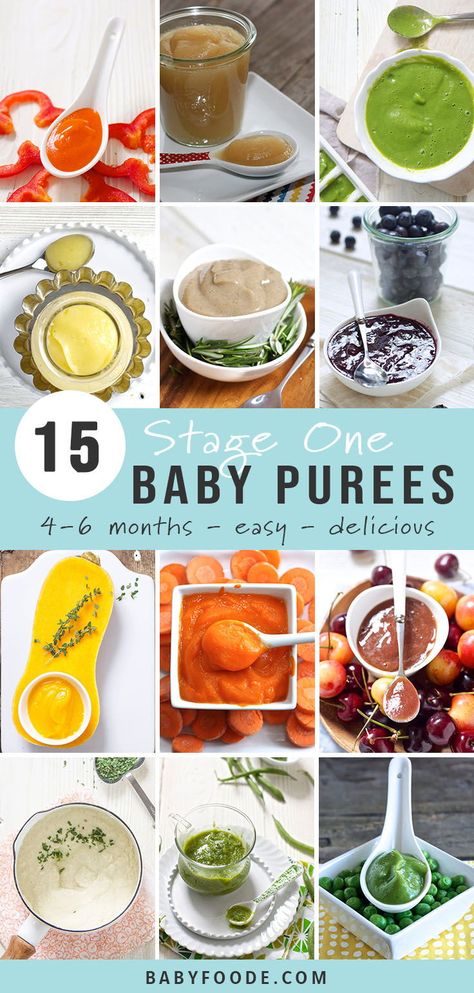Baby poops during feeding
How often should a newborn poop?
Yes, it's normal if your baby is pooping after every single feeding. You’ll quickly discover that when it comes to newborns, poop frequency comes in a wide range of normal.
Some babies are just more productive poopers than others. It’s perfectly okay to end every feeding with a diaper change, or to not see a single bowel movement for a few days. Your baby pooping a lot probably isn’t an issue, unless you’re changing three or more extra-watery diapers a day. In that case, it could be diarrhea, which is something to let your baby's doctor know about.
How often should a newborn poop?
It varies. Poop habits differ a lot from baby to baby. The average frequency is one or more bowel movements daily. But some newborns produce five or more dirty diapers a day in their first 2 weeks of life, while others go for days without pooping.
It’s not unusual for newborns to poop a lot, since they spend most of their waking hours eating. In general, breastfed babies poop more than formula-fed ones. In fact, your baby may poop while nursing and again once they’re done – which is why you may want to wait a few minutes after you're finished breastfeeding before swooping in with a clean diaper.
Because breastfed poops contain more liquid, they’ll look more watery than the stools of formula-fed babies. (See real photos of the different kinds of baby poop here.)
When a breastfed newborn poops after every feeding during the first few weeks, take it as a good sign – it means they’re getting plenty of milk. Even though formula-fed babies may have less frequent bowel movements than breastfed babies, it's normal for them to poop after every feeding as well.
The frequency of your baby's bowel movements may start to slow down by the time they're around 6 weeks old, but some babies continue their pattern of pooping after every feeding for much longer. (It’s not uncommon for some 1-year-olds to poop five times a day. )
)
How long can a baby go without pooping?
If your baby hasn’t had a bowel movement in a few days, there’s no need to immediately fear the big “C” (aka, constipation). Babies can go days, or even a week, without producing a dirty diaper. A breastfed baby can go even longer – as long as two weeks without pooping if they haven’t started on solid foods yet.
Advertisement | page continues below
If the bowel movements your baby does make are soft, constipation probably isn’t an issue. Exclusively breastfed babies rarely get constipated because breastmilk is an economical food. Your baby gets just what they need, with little waste leftover to poop out.
True constipation in babies typically happens from a change in diet, a lack of fluids, or an illness. The telltale sign is hard, dry stools. If your baby is constipated, they may get extra fussy and look like they’re straining uncomfortably when they try to go.
Should I ever be worried about my baby pooping a lot?
Generally, if your baby's bowel movements are fairly consistent and they’re acting like their usual self, frequent poops aren't a cause for concern.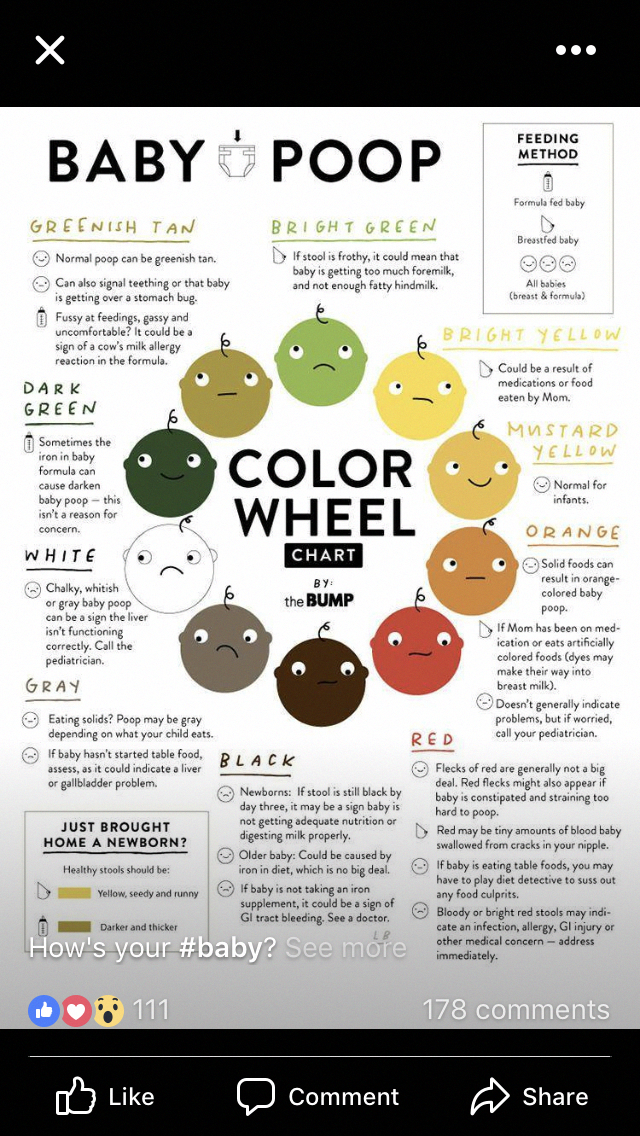 However, if there's a sudden change in your baby's pooping pattern and their stool becomes watery, check with their doctor. Very watery bowel movements could be a sign of an infection.
However, if there's a sudden change in your baby's pooping pattern and their stool becomes watery, check with their doctor. Very watery bowel movements could be a sign of an infection.
Call the doctor if your baby has any of these other poop-related symptoms:
- Pulling their legs up to their stomach (a sign that their tummy hurts)
- Straining to have a bowel movement
- Poop that looks like small, hard pebbles or is extra watery
- Irritability
- A swollen belly
- Blood in their poop
If my baby is pooping a lot, are they more prone to diaper rash?
Babies who have frequent bowel movements can be more susceptible to diaper rash. Constant contact with stool can irritate the sensitive skin on their bottom.
The best way to prevent diaper rash is to keep your baby’s bottom clean and dry. To start, change their diapers more often. Wash their skin clean with warm water during each change.
You may want to coat the area with a diaper rash cream or a product containing zinc oxide or petroleum jelly to create a barrier. And instead of putting on a new diaper right away, let your baby go diaper-less for a little while each day so their bottom can fully air dry. If these tips don’t relieve the diaper rash, give your baby's doctor a call.
And instead of putting on a new diaper right away, let your baby go diaper-less for a little while each day so their bottom can fully air dry. If these tips don’t relieve the diaper rash, give your baby's doctor a call.
Read more:
A new parent's guide to baby poop
Age-by-age guide to feeding your baby
How much formula newborns and babies need
Newborn Poops While Nursing: What to do!
Today, we're going to talk about what to do when your newborn poops while nursing. How do we start EC when that's also pretty unpredictable, and because they're so small? So, we're going to talk about that today. Please go to godiaperfree.com/176 to join in the conversation during, or after you listen to this if you have any questions or comments, and we'll see you there.
Hey there. Welcome to the Go Diaper Free Podcast. I'm Andrea Olson, your host, author, and mom of five babies, all EC from birth, all out of diapers by walking.
When your baby poops while nursing only and you haven't started EC yet, maybe this is you, I think the odds are against you and your mindset.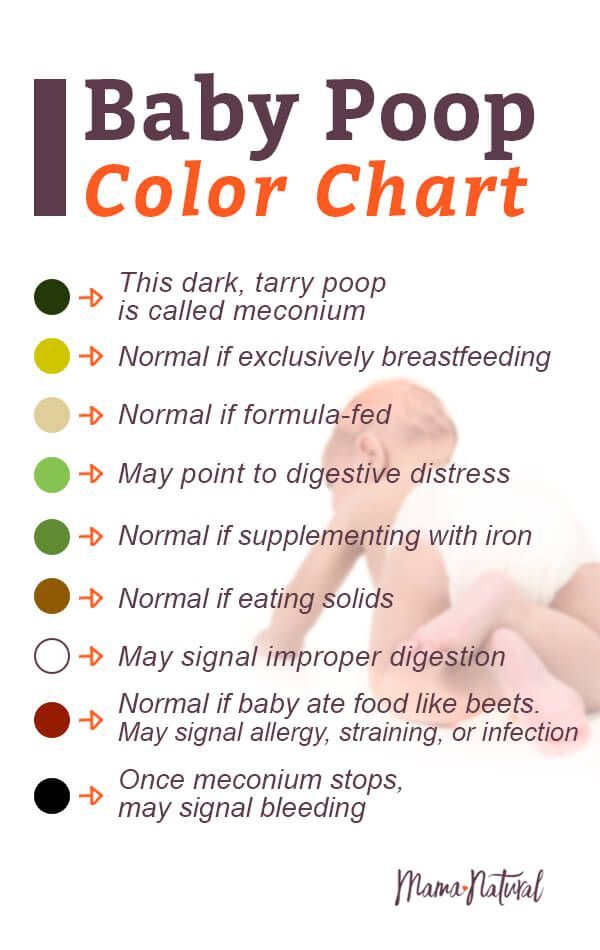 You're like, "Okay, my baby's pooping all the time especially when I have her on the breast. How in the world can I do EC and try to catch these in the potty? I know my baby doesn't want to do this, but why is this happening, and how in the world can I start EC?"
You're like, "Okay, my baby's pooping all the time especially when I have her on the breast. How in the world can I do EC and try to catch these in the potty? I know my baby doesn't want to do this, but why is this happening, and how in the world can I start EC?"
Why is this happening? Maybe this is you, but your baby gets on the breast and you've pottied them beforehand, maybe you caught a pee before you put them on the breast, and then they just poop. The reason this happens for you guys is because your baby's relaxed. Your baby's like, "Oh man, my whole body's relaxed. I'm getting massive amounts of oxytocin coming in. I'm connecting with my mom. I'm in the moment." All these things are released, and then you have a poop in the diaper, which is where you don't want it. That's a little bit on the why.
And also maybe when you offered... When your baby wakes up, with a brand new born, they're going to need to go pee because of the antidiuretic hormone. They just have to. That's how babies are made.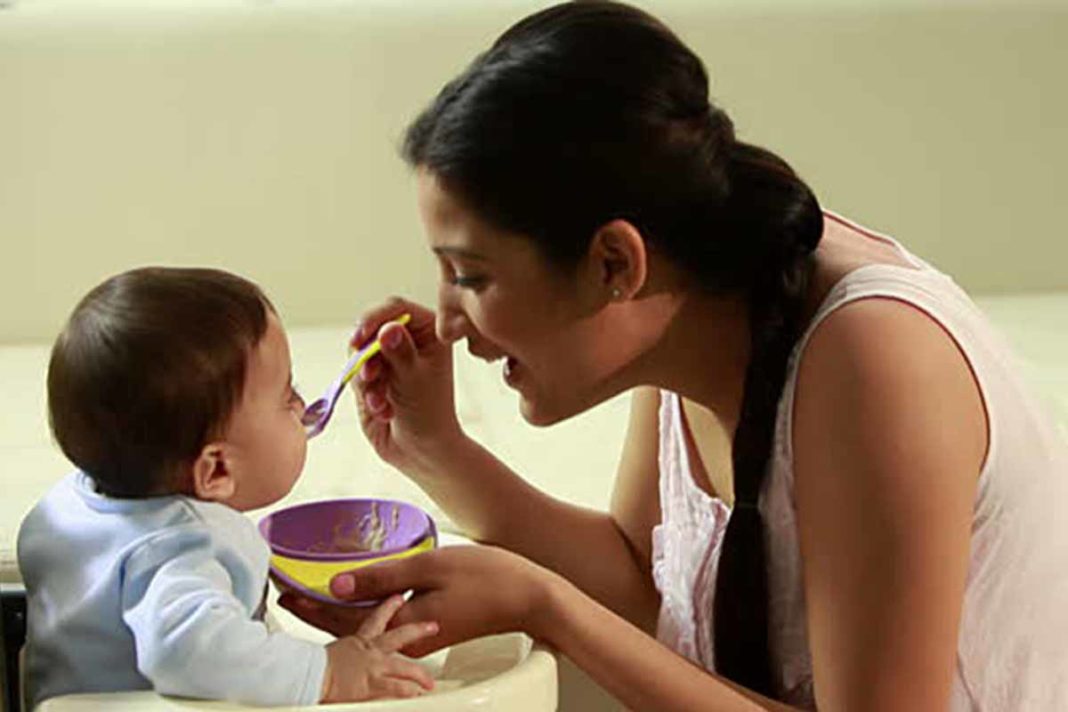 That's how we were created. We're perfect the way we are. We don't need diapers, but we live in the modern world. What we want to do is when they wake up, we want to offer the potty. Here's a little toy baby. I have her knees don't bend though. I don't like this one. But we would hold them over the sink like this. You see? Her knees would be bent and curled in because they're like this when they're first born. They're like these little balls.
That's how we were created. We're perfect the way we are. We don't need diapers, but we live in the modern world. What we want to do is when they wake up, we want to offer the potty. Here's a little toy baby. I have her knees don't bend though. I don't like this one. But we would hold them over the sink like this. You see? Her knees would be bent and curled in because they're like this when they're first born. They're like these little balls.
We would hold them over the sink right after waking up before nursing and go. And I alternate those signals and... When I alternate the signals, I'm also just giving this primal cue. So if this is happening to you and your baby's pooping while nursing, and we're talking about when they wake up, you could prevent this.
There is a way to prevent it. I've started from birth with all five of mine, so I have a bit of experience here, along with all the people I've helped with this. But you could offer a little longer. They wake up, the hormone wears off, bladder fills, and they go pee. Usually you have to go poop because you have a lot of cell production and a lot of waste. That's why their poop is yellowish, greenish, mustardy, because they are producing and then shedding away so much byproduct from building a body. It's pretty cool. If they're exclusively breastfed, they're going to have this yellow, mustardy, squishy poop, or it's more like watery mustard. Sorry, if you're eating. Probably don't watch my lives if you're eating. Okay. Don't listen to my podcast while you're eating either, by the way, because this is going to go on my podcast.
Usually you have to go poop because you have a lot of cell production and a lot of waste. That's why their poop is yellowish, greenish, mustardy, because they are producing and then shedding away so much byproduct from building a body. It's pretty cool. If they're exclusively breastfed, they're going to have this yellow, mustardy, squishy poop, or it's more like watery mustard. Sorry, if you're eating. Probably don't watch my lives if you're eating. Okay. Don't listen to my podcast while you're eating either, by the way, because this is going to go on my podcast.
But what I want you to do is just take a little bit more space and time when you're holding your baby over the sink or the toilet or wherever you do that when they wake up. We're holding them over. We're going... And we're alternating... I hope I'm not queuing your babies to go to the bathroom, those of you listening with babies right now, but I have to demonstrate how to do it because you might feel weird doing it in front of thousands of people like I'm doing right now, but I don't care. I'm used to it. We're going to alternate this signal, and then just wait a couple of minutes and see.
I'm used to it. We're going to alternate this signal, and then just wait a couple of minutes and see.
Now, here's how you can literally see and try to catch a poop before you breastfeed after they wake up. You can put a little locker mirror or a very small mirror on your sink, and do this at your sink, or you can put it on the back of the toilet seat. You can even find a stick-on mirror to put there so that while you're holding them in EC position over your sink or toilet, you could actually look at their sphincter. I know it sounds weird, but trust me on this one. Once I introduced a little locker mirror on the sink, it was a game changer. Because then, I can see that they pee, but a lot of babies will poop first and pee second, and that shows that they're done pooping. It's different for every child, but just stick with me.
If you have the mirror there and you can see this sphincter opening or closing, you can also see if they start to open their anal sphincter and that means that a poop is coming, so you have fair warning.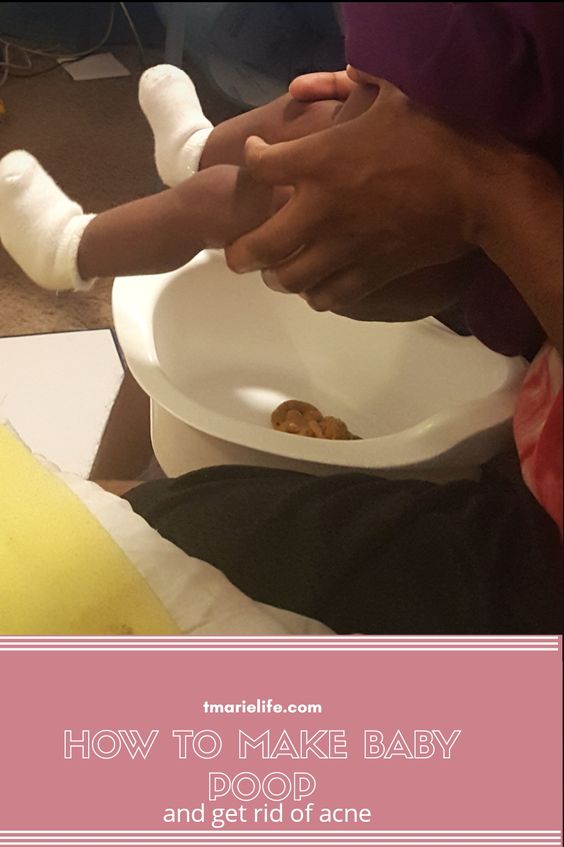 Do not take them on a position. Do not think that it's too long to have them in position. If you need to cradle them to make them a little more comfortable, for those of you who can see this recording, this video, this live, whatever, you can have them in the nook of your elbow so that you're not just like, "Gosh, is my baby so tired of being held up?" But you want to give them a chance, so that's one way to prevent that, pooping while nursing.
Do not take them on a position. Do not think that it's too long to have them in position. If you need to cradle them to make them a little more comfortable, for those of you who can see this recording, this video, this live, whatever, you can have them in the nook of your elbow so that you're not just like, "Gosh, is my baby so tired of being held up?" But you want to give them a chance, so that's one way to prevent that, pooping while nursing.
The other thing is to be prepared while you're nursing. This applies to bottle feeding too, so don't... "I only bottle feed. Don't make me feel bad for not breastfeeding." I don't care if you breastfeed or your bottle feed. What I want to do is give you the option of what to do if they start to do the number two while you're trying to nurse. So here I am, nursing my baby. Sometimes they start to pop off or smack a little bit, and that's a signal that they need to poop. We've already offered before they're nursing. If your baby's super fussy, and I get it, you can't offer the potty beforehand. They're like, "Give me a breast now." We put them on the breast. I have a Top Hat Potty in my hand. You can get those at tinyundies.com, my other store, or on Amazon.
They're like, "Give me a breast now." We put them on the breast. I have a Top Hat Potty in my hand. You can get those at tinyundies.com, my other store, or on Amazon.
You put it between your legs. Then when the baby pops off or starts to poop, you've got your baby naked. You might want to have a little, a cloth, baby wipe kind of thing, a reusable, like a rag or something underneath her bottom just in case, because you really don't want to get that all over yourself, on the couch. But you're going to either just lift the potty up to be underneath her bottom like so, if you're looking, or you want to completely take her off the breast. Just turn her around in your lap and potty over the top hat right then. Can you see that? Okay. Those of you just listening probably can't see, but we're going to just make an easy transition to pooping on the top hat potty, then we will transition back. We've got that little cloth that we had. We're going to wipe any excess, which usually it's a clean one with an exclusively breastfed child.
Did they have toilet paper back in the day? No. Couple thousand years ago, did they use toilet paper? No. And when we're eating healthy and normal food and diets that we're supposed to eat as hunters and gatherers, the poop would come out clean and you wouldn't need to wipe, but we have such a terrible diet and all this constipation issues that we get, like poops that are hard to wipe. With a brand new, fresh baby, they're going to poop pretty clean, and I always say it's a clean one. I don't even wipe a clean one. I don't, because wiping these tender areas when they're new is not a good idea.
You can put that cloth back on their bum or whatever. Yeah. We want to have them... And when they pop off, we would unlatch them. Just stick your finger in and break the seal, pull them off and put them on the potty. Usually, they won't cry because they really have the need to poop, and they're going to pause eating to poop. Once they're done with that, you put them back on, and get a full feeding.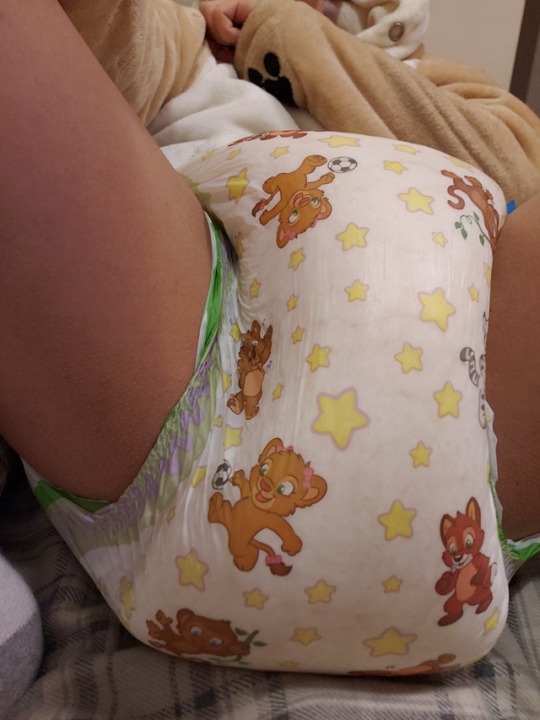 Be aware that they might pee after that, or there might be more poop, so I want to keep that cloth there just in case. That's option number one, is a top hat potty, besides prevention.
Be aware that they might pee after that, or there might be more poop, so I want to keep that cloth there just in case. That's option number one, is a top hat potty, besides prevention.
Option number two is this Waterproof Pad. This wet dry pad, I sell these at Tiny Undies. Oh man, these are so much better than the Kushies ones that I had with all my other kids. They have a waterproof backing and this really soft cotton top. You can get those at Tiny Undies too. You would nurse with this pad on your lap and just have your baby over it, and prop your knees up a little bit. Nursing, nursing, nursing. Maybe they don't pop off. Maybe they don't signal. Maybe they just stealth poop and they just start going. Because she's saying, the woman who wrote me about this, was like, "It's unpredictable, and I'm scared because she's so small."
Oh you guys, I went to Africa when I was 20 and those women handled their babies, over in Ghana. I was there for dance and they danced with a brand new newborn's head flopping all over the place.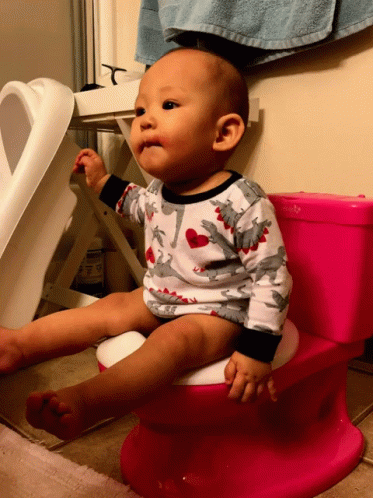 Those kids were walking, running, dancing, talking, doing all the things earlier than our American babies, and that is my unscientific, completely anecdotal experience of that.
Those kids were walking, running, dancing, talking, doing all the things earlier than our American babies, and that is my unscientific, completely anecdotal experience of that.
But what I'm saying is, the first thing that a woman taught me when I had my first baby was to handle him, to not be afraid to handle him. He's not made of porcelain. Obviously, you want to be careful with your baby and not do something stupid, but you also have to realize that it's okay to hold your baby and to move them around, and they're not going to get hurt. I know it's just a new, first time mom thing, totally. When the baby needs to go, you just either fold this pad up a little bit and let them poop on the pad. Yes. I let them poop on the pad, because why not? I can just easily rinse it off in the sink and wash it. You can do that if you don't feel comfortable having a top hat or you don't have a top hat in your lap.
And then when they're done pooping, you fold that part over on itself and then you continue to nurse. They don't even have to let go to poop, and some babies can do that. I can't. I can't poop and eat at the same time. I don't know about you, but it's a little bit hard. You need to switch gears and do one rather than the other. Depending on your baby, that's what you'll do with a pad. And then, you can even use the pad, because both sides of this are so nice, to wipe her little tush if you would like to. That's how to do it with a pad too.
They don't even have to let go to poop, and some babies can do that. I can't. I can't poop and eat at the same time. I don't know about you, but it's a little bit hard. You need to switch gears and do one rather than the other. Depending on your baby, that's what you'll do with a pad. And then, you can even use the pad, because both sides of this are so nice, to wipe her little tush if you would like to. That's how to do it with a pad too.
The third way is if they poop every time you nurse and you're just trying to start out. The third thing, besides prevention, is to have them in a diaper, let them poop in their diaper and know that this will pass and won't be that long. Let them poop in the diaper and just grunt along with them, so you're building sound association. It's like when we give a child an apple and we do a little sign language, like an apple, and we say the word. We're teaching them the language for that food. For the baby, we're going to teach them the language as well while they're pooping, like when you're potty training a puppy outside. When they go pee, you say, "Go potty." You don't say, "Go potty," beforehand. You do it while they're doing it.
When they go pee, you say, "Go potty." You don't say, "Go potty," beforehand. You do it while they're doing it.
I look down. My baby's like... They look like they're smiling. They're not smiling. They're pooping, and you just go... while they're going, and that is literally it. That counts as EC, you guys. High five. That means you've done it, and that means that you are absolutely making all this easier for you in the future, by doing the sound association while they're going. And then when they're finished nursing and you're done, you just change the diaper and wipe it all up.
The last thing I want to say about that is this too shall pass. They're not going to poop and nurse forever. In fact, it usually only ever lasts a couple days to a couple of weeks, so just know that... I'm still nursing my little baby in this demonstration. Oh, I miss having babies. Just remember this will pass. This isn't going to last forever, and that's all I want to say about the person who is worried about starting because they're newborn poops while nursing.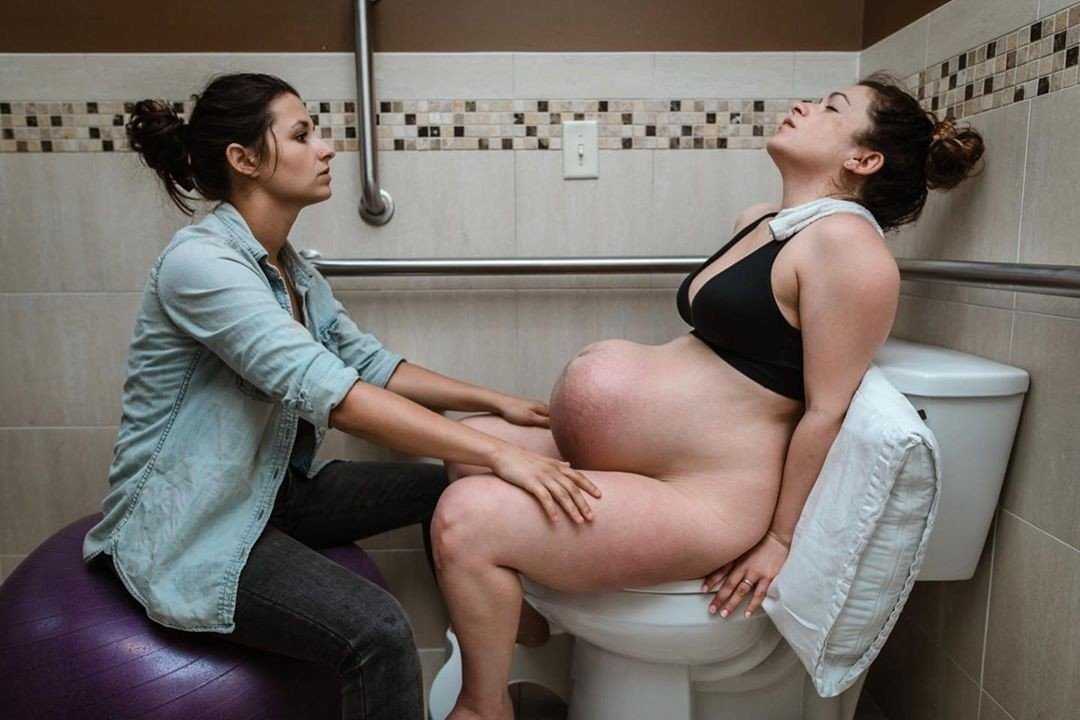 There are three different things you can do, and also one preventive measure for that. Hopefully, that makes sense to you all.
There are three different things you can do, and also one preventive measure for that. Hopefully, that makes sense to you all.
Again, you can see the show notes for this whole conversation, including the entire transcript. Leave comments, ask questions over godiaperfree.com/176. Please leave a comment over there and let us know. Have you started when your newborn is pooping while nursing? Have you been doing EC in that way? What is your biggest trick for that? We'd love to learn from you over there in the comments as well, or just ask your questions if you don't have any ideas.
Well, we'll see you next week. Thanks for listening. Thanks so much for listening. This is the Go Diaper Free Podcast at godiaperfree.com. We'll see you next time.
how to recognize, causes, treatment, how to stop diarrhea in a baby?
Every mother knows that babies poop frequently: a breastfed baby may have the same bowel movements as the feeding frequency. And babies often have tummy ache and colic due to the fact that the gastrointestinal tract is completely immature and is just beginning to be populated by beneficial bacteria. Therefore, it is not always clear to a young mother whether everything is fine with her baby. How do you know when something is wrong? nine0005
Therefore, it is not always clear to a young mother whether everything is fine with her baby. How do you know when something is wrong? nine0005
For a baby under three months old, the normal frequency is three to six times a day if the baby is breastfed, and about two times a day if he is bottle-fed. At the same time, the frequency of the stool can also change normally, due to the fact that the baby was nervous or the mother changed the menu. Therefore, when talking about diarrhea in a baby, they first of all take into account not how often he poops, but the volume and nature of the stool, as well as the behavior of the baby himself.
You can suspect diarrhea in a baby if he poops twice as often as usual, the stool becomes much thinner (in a breastfed baby, it is usually liquid and poorly formed), changes color, pathological impurities appear in it: a lot of mucus, blood, foam, undigested food particles, if complementary foods have already begun. The behavior of the baby also changes: he cries, presses his legs to his chest, or, conversely, stretches out to the line.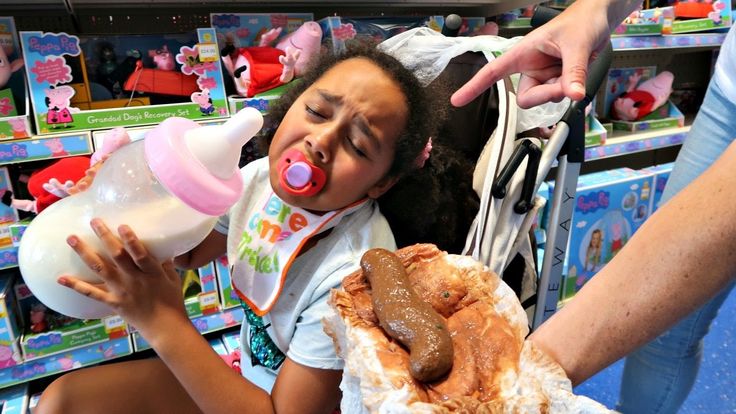 The tummy may swell and growl. nine0007
The tummy may swell and growl. nine0007
If the diarrhea is caused by an infection, the child has a fever and becomes lethargic.
Causes of diarrhea in infants
The most common cause of diarrhea in infants is dysbiosis, that is, a change in the composition of the intestinal microflora. This may be due to a viral or bacterial infection, but is usually due to other causes such as:
- late attachment to the breast;
- artificial feeding;
- products not according to age; nine0020
- use of antibiotics;
- food allergy;
- lactose intolerance;
- chronic diseases of the gastrointestinal tract (ulcerative colitis and others).
One way or another, all these conditions disrupt the normal balance between beneficial and harmful microbes in the intestines, and consequently, digestion and intestinal motility: too much fluid remains in the intestinal lumen, which causes diarrhea.
Treatment of diarrhea in children
Seek immediate medical attention if:
- there is blood in the baby's stool;
- diarrhea accompanied by vomiting;
- the child has a fever;
- the baby stops peeing or peeing less than four times a day;
- no tears during crying, skin and mucous membranes become dry;
- fontanel sinks;
- the baby's skin, if folded, does not straighten out immediately.

If your baby is stable, you can try to manage the diarrhea on your own. Change diapers more often: feces irritate baby's delicate skin. If complementary foods are introduced, cancel it, leave only breast milk or formula that the baby eats constantly. nine0007
Give the child a drink. Adherents of breastfeeding argue that the baby has enough liquid contained in breast milk. This is true, but only if the child is healthy. During diarrhea, fluid loss increases several times, and it is dehydration that is the most common cause of death from intestinal infections. You can supplement it with plain boiled water, but it is better with a special solution of salts, which are also actively lost during diarrhea (Regidron, Trisol, Ringer's Solution, Humana Electrolyte). If the child is older than nine months, you can give rice water. nine0007
To restore the normal balance of microflora, you can (and should) give probiotics. The best option is a complex of bifido- and lactobacilli. Both are important for normal digestion and microbial balance. You can start taking probiotics before visiting your doctor.
Both are important for normal digestion and microbial balance. You can start taking probiotics before visiting your doctor.
Note
Probiotics are sold in pharmacies in various forms: tablets, capsules, sachets (powder in sachets). However, it should be remembered that for young children, complex microorganisms in the form of drops are most convenient for use. nine0005
If diarrhea does not stop within two to three days, be sure to contact your pediatrician.
Statistically, children experience at least one or two episodes of diarrhea every year until they are five years old. Therefore, diarrhea in itself is not yet a reason for panic: usually its cause is the immaturity of the baby's gastrointestinal tract and the disruption of the normal balance of microflora. Most of the time, you can deal with this problem on your own. But, if the child has a fever, blood appears in the feces, there are signs of dehydration: the skin and mucous membranes are dry, there is little urine, there are no tears, the fontanel sinks, consult a doctor immediately! nine0005
How many times should a newborn poop
03/25/2021 Reading time: 6 minutes 243849
nine0014 Contents of the article:- Frequency and nature of stool in a breastfed child.

- Frequency and nature of stool in a formula-fed child.
- What can affect stool frequency and consistency?
Even the most squeamish girls with the birth of a baby become tireless researchers of the contents of a dirty diaper.
- Isn't it a lot? But not a little? Isn't it rare? But not often? Is the color normal? Is the consistency good? Is it supposed to smell like this? - young mothers are ready to discuss these subtleties at any time, regardless of the enthusiasm of the interlocutor. They can be understood. nine0007
On the one hand, the newborn does not know how much - eat, sleep and, in fact, dirty the diaper. Therefore, there are few topics for discussion at first, but I want to talk. On the other hand, it is indeed possible to draw conclusions about the state of health of the infant from the answers to these specific questions.
The frequency and nature of the stool in a breastfed child.
In the first two or three days after birth, the baby leaves the original stool - meconium.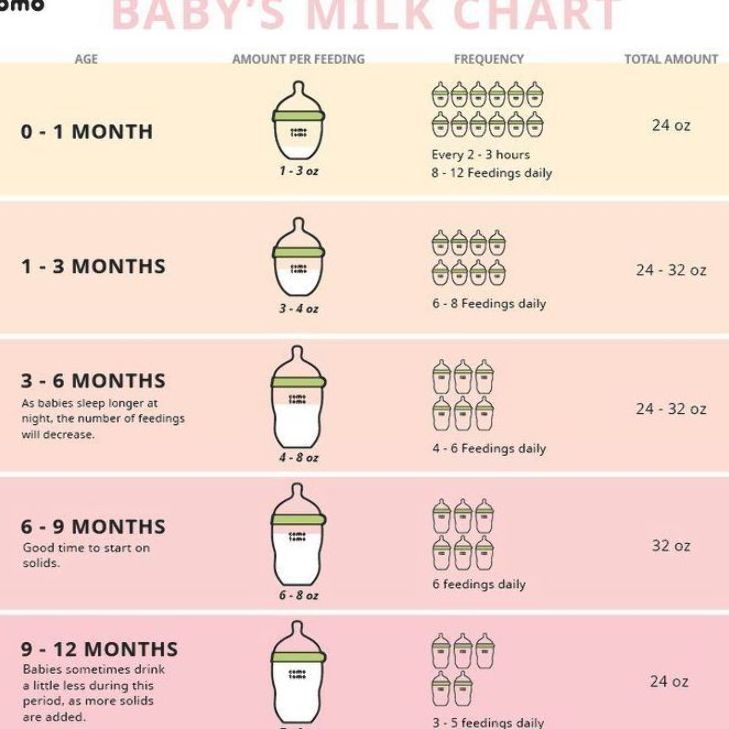 If a young mother does not know about this, she may be frightened by a sticky dark mass that is difficult to wash off. When a woman has milk, the baby's feces brighten, acquire a mushy texture and a milky, slightly sour smell. nine0007
If a young mother does not know about this, she may be frightened by a sticky dark mass that is difficult to wash off. When a woman has milk, the baby's feces brighten, acquire a mushy texture and a milky, slightly sour smell. nine0007
In the first month and a half, the baby can poop after each feeding.
If, up to 4-6 weeks of life, he poops less than once every 24-36 hours, this may mean a lack of nutrition. It is necessary to control weight gain. On average, for the first weeks of life, it should be 125-150 g.
As regards consistency and color, the stool should be mushy, bright yellow to greenish in color.
This is important!
If the baby eats with appetite, adds well, behaves actively, then the shade of the contents of the diaper is not so important. Anxiety should be caused by an admixture of blood in the stool, streaks of mucus, blisters and a sharp putrid smell. This should be reported to the pediatrician immediately. nine0067
After a month and a half, the baby may begin to poop less often.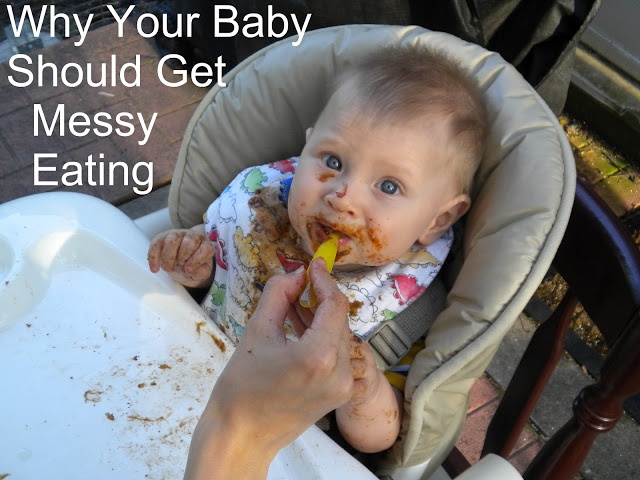 For many mothers, this is a source of serious concern. If the baby does not poop for a day, two, three, anxiety covers. But this condition for a breastfed baby is most often the norm. If the child behaves as usual, and the stool after the delay is soft and moves away effortlessly, then everything is in order.
For many mothers, this is a source of serious concern. If the baby does not poop for a day, two, three, anxiety covers. But this condition for a breastfed baby is most often the norm. If the child behaves as usual, and the stool after the delay is soft and moves away effortlessly, then everything is in order.
A hard, shaped stool should alert you, crying and straining strongly during defecation are signs of constipation. nine0007
Recent studies from the American Academy of Pediatrics suggest that, with normal health and behavior, a baby aged 4-6 weeks and before the introduction of complementary foods may pass stools even once a week or less often. But be attentive to the condition of the baby and still consult a doctor before ignoring a ten-day stool retention in crumbs.
With the introduction of complementary foods, the baby's stool will become more formed, but should still retain a soft texture. nine0007
This is important!
When the baby begins to receive complementary foods, he should defecate at least once a day. If the baby has signs of constipation - rare or formed hard ("sheep") stools, difficult bowel movements - you need to consult a doctor to find and eliminate its cause.
If the baby has signs of constipation - rare or formed hard ("sheep") stools, difficult bowel movements - you need to consult a doctor to find and eliminate its cause.
Frequency and nature of stool in a formula-fed child.
A newborn on artificial feeding, even in the first weeks, can poop once a day. nine0007
After one and a half months, bottle-fed babies should have a bowel movement daily.
The stool consistency of formula-fed babies will be firmer than when breastfed, but should still remain soft. Hard, shaped stools in infants, regardless of the method of feeding, are a sign of constipation.
The color may depend on the type of mixture. It is usually yellow or dark yellow. Too bright or very dark shades, a pronounced green color is a deviation from the norm, you need to consult a doctor. nine0007
What can affect stool frequency and consistency?
Nutrition. The frequency and nature of the baby's stool is primarily influenced by the type and quality of the food he receives. For babies, it is important that the mother's diet is balanced and varied, so that she does not smoke or drink alcohol. If the child is allergic - so that the mother does not eat foods that cause an allergic reaction. Properly selected milk formula is important for babies on artificial feeding. If these conditions are not met, it will immediately be noticeable in the stool of a newborn. nine0007
For babies, it is important that the mother's diet is balanced and varied, so that she does not smoke or drink alcohol. If the child is allergic - so that the mother does not eat foods that cause an allergic reaction. Properly selected milk formula is important for babies on artificial feeding. If these conditions are not met, it will immediately be noticeable in the stool of a newborn. nine0007
Functional disorders. In newborns, malfunctions in the gastrointestinal tract may occur not due to illness, but due to the immaturity of the body - both the gastrointestinal tract itself and the nervous system. That is, a healthy baby without errors in nutrition can still experience constipation or diarrhea.
Infectious diseases. Often, it is by the nature of the stool of a newborn that one can notice that an infection has entered the body. Rapid loose stools, foam, an unpleasant odor will immediately indicate the onset of the disease. nine0007
Taking medications.


